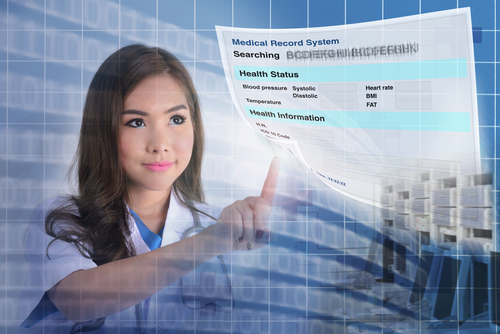
Importance of Healthcare Informatics
One of the key benefits of informatics is that it has led to the improvement of the safety and quality of medical care. Physicians and nurses can now use electronic records to get a better view of a patient’s medical history, leading to more accurate diagnosis and reduced chances of medical errors. Physicians can also operate efficiently within their practices. This results into improved patient experience.
Another advantage of using informatics in healthcare is that it allows for patient participation. Patients can now play an active role in managing their own health. This is quite advantageous for those who have chronic conditions such as arthritis, diabetes, heart disease and obesity. Patients can now understand the medications they use and engage in dialogues with their doctors for insights on the right health choices.
How to Become a Specialist in Informatics
Everyone who wants to become a specialist in healthcare informatics must be a registered nurse and have at least a bachelor’s degree in nursing or any relevant field. Most employers prefer those who have Bachelors of Science in Nursing degree from an accredited institution. A Bachelor of Science in Nursing degree is a prerequisite for earning a registered nurse credential. The degree program covers courses related to anatomy, biology, emergency care, public and global health, community care and health assessment. The program takes between three and four years to complete.
Related Ranking: Top ten Online Colleges for a Healthcare Administration Degree
While it is possible to get an informatics job with a Bachelor of Science in Nursing degree and an RN credential, your chances may be very limited. This is because a majority of employers prefer applicants with more advanced academic credentials, such as Master of Science in Nursing or Master’s in Health Informatics. These programs take two to three years and cover topics such as data management, data interpretation, electronic medical records and medical classification systems.
The Future of Informatics in the Healthcare Industry
Healthcare informatics is a rapidly growing field in one of the biggest industries all over of the world. Those who want to work in this field can expect to get more jobs and more opportunities for innovations and advancements throughout their career. According to a survey done by University of Illinois Chicago, over 3,000 healthcare professionals, about 84 percent of healthcare facilities hire information technology experts every year. The survey also projects the employment rate to grow by 22 percent over the next 10 years. This represents huge prospects for those who want to work in this field. Informatics specialists can expect to work in other positions such as systems analyst, IT consultant, software engineer and chief information officer.
Conclusion
Working as an informatics specialist in a healthcare facility is one of the best decisions you can ever make. The job gives you the perfect platform to combine your IT skills and the passion for nursing so that you can provide efficient and safe care. You also get the chance to develop yourself and qualify for more advanced positions in health informatics.
Related Resources:
